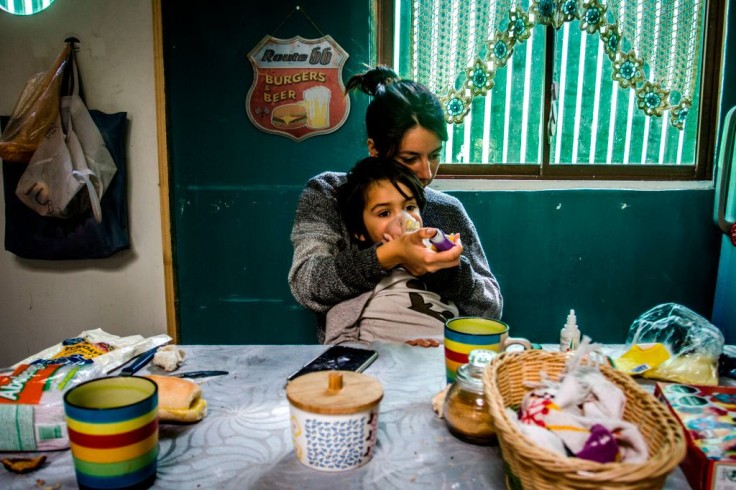
A recent study revealed that children of pregnant women using disinfectants during pregnancy are nearly 30 percent more likely to suffer from asthma and eczema.
The study is alarming as the use of bleach and hand sanitizer has increased in recent years in medical, commercial, and even homes to prevent the spread of COVID-19, CTV News reports.
The study published in "Occupational & Environmental Medicine" used data on 78,915 mother-child pairs who participated in the Japan and Environment and Children Study. It aimed to examine if the mother's exposure to disinfectants in the workplace is associated with the increasing risk of allergic diseases diagnosed in children at three years old.
Frequent exposure to disinfectants
According to Science Daily, in the study, the odds of children having asthma or eczema were significantly higher if their mothers used disinfectants one to six times a week compared to children of mothers who never used disinfectants.
There is an exposure-dependent relationship between prenatal exposure to disinfectants and the odds of children experiencing these allergic conditions. The children of mothers exposed to disinfectants every day had 26 percent greater chances of having asthma and 29 percent greater chances of having eczema than children whose mothers were never exposed to disinfectants.
The researchers said that this is an observational study. Hence, they could not establish the cause. The author also noted limitations in the study, like the information on the disinfectant used by the mothers was self-reported, and the mothers did not identify some specific disinfectants.
Regardless of the study limitations, the authors said that their findings indicate that exposure to disinfectants during pregnancy affects allergies in offspring by exposure during pregnancy alone.
Increased risk of allergic disease explained
According to Insider, the authors suggested that the increased risk of allergic reaction in children whose mothers were exposed to disinfectants may be due to several reasons:
- Microbiome mediated. The disinfectant may change the bacteria on the mom's skin, causing an impact on the gut and the skin microflora of the newborn.
- Immune-mediated. The disinfectant may affect the fetus's immune system, making them susceptible to asthma and eczema during toddlerhood.
- Postnatal exposure. Children inhaled or touched molecules of disinfectants on the skin of their mothers.
Caution on increased use of disinfectants during the pandemic
Although the authors admit that disinfectant use in pregnancy causes asthma and eczema, the increased use of products during the coronavirus pandemic is critical to consider whether prenatal disinfectant exposure is a risk for allergic diseases; the study authors said.
Disinfectants have been widely used in hospitals and medical facilities. When the COVID-19 pandemic started, medical facilities and even commercial establishments frequently used disinfectants to help curb the virus.
Previous studies have shown that disinfectants in the workplace have been linked to asthma and dermatitis in the workers exposed. However, there are only limited studies on the impact of disinfectant exposure on pregnant women and their children.